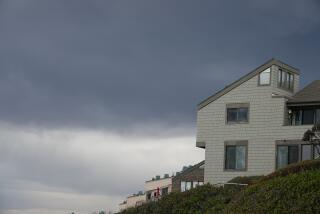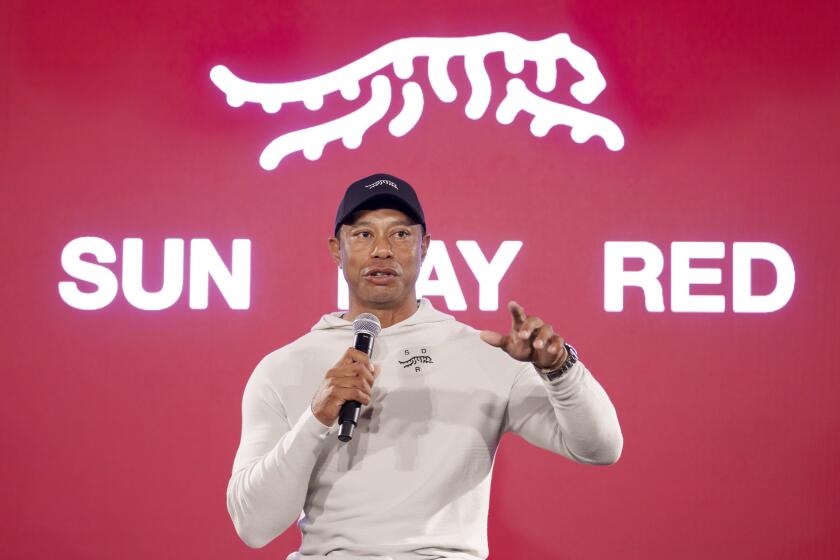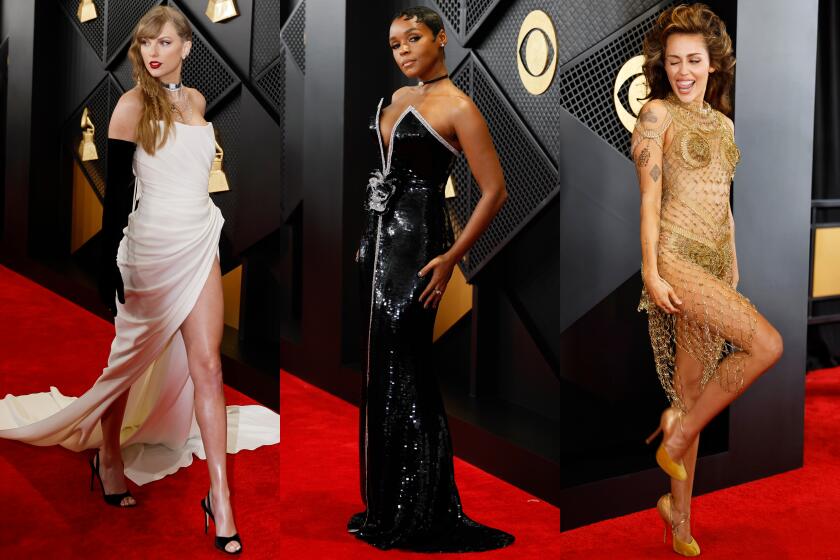Watch salesman became upscale timepiece maker
Severin Wunderman, the owner of Corum, the Swiss luxury watch manufacturer, who was also an art collector and philanthropist, died Wednesday at his home in Nice, France, his son, Michael, said. He was 69.
Wunderman, who built Gucci Timepieces into a multimillion-dollar business, died after a stroke, according to his son. He owned homes in Southern California, Las Vegas and Europe.
Wunderman began his career in the 1960s as a salesman for Alexis Barthelay, the European watchmaking firm. During a business trip to New York City in the early 1970s he called on Gucci, a company known for luxury accessories. The owner, Aldo Gucci, happened to answer the phone.
The two men met for a drink and Wunderman convinced Gucci to place a watch order worth $250,000. It turned out, however, that Barthelay was not prepared to fill more than a small percentage of the order.
Wunderman then proposed to Gucci that he quit his job and oversee the manufacture of the watches himself. The only problem was that he didn’t have the money to cover the costs.
“The man went into his pocket, took out his checkbook and prepaid the order,” Wunderman recalled of Gucci in a 1986 interview with the Orange County Business Journal. “That’s what put me into business.”
Wunderman established Severin Montres, with a sales office in Irvine, and remained the sole manufacturer and distributor of Gucci watches for more than 25 years. He had worked his way back from a near-devastating childhood.
Wunderman was born in Brussels on Nov. 19, 1938, the son of a Jewish glove manufacturer. When the Nazis invaded Belgium during World War II, his parents paid a Catholic priest to hide him and his two siblings in the countryside.
Severin was placed in a school for blind children where he was the only child with sight. A gentile family took him in, and after the war they did not want to let him go home to his parents.
“My father was one of those people you didn’t mess with,” Wunderman recalled in a 1995 interview with The Times. “He came in, tied everyone up and took me out.”
Wunderman’s mother died when he was about 10, and he moved to Los Angeles, alone, to live with his older sister Bella, who was already settled in the city.
He quit high school, worked in a parking lot at night and managed a string of newspaper delivery boys by day.
His first step into the manufacturing business came when he was in his 20s and made and sold gold chain jewelry. From there he went to work in the watch business.
After establishing Severin Montres, Wunderman opened the Severin Wunderman Museum in the same Irvine building. He filled it with drawings, paintings, tapestries and art objects by the French modern artist Jean Cocteau that he had been collecting since he was 19.
In 1985 he opened the museum to the public. Ten years later, he donated the Cocteau collection to the University of Texas at Austin.
He sold his Gucci watch business in the late 1990s and bought the Switzerland-based Corum company in 2000.
His first major success with Corum was a “bubble” watch with a glass dome over the watch face that Wunderman compared to a submarine hatch.
He went on to create limited-edition watches with whimsical details, including a “Royal Flush” model that featured five playing cards in the same suit and a dollar sign on the second-hand. Another design, “Garden Bird,” included a hummingbird among flowers. He also developed a series of gold and diamond watches.
After suffering a life-threatening case of lung cancer in the 1990s, he established the Severin Wunderman Family Foundation to support medical research on incurable diseases.
In 2005 Wunderman was presented with the French Legion of Honor for his cultural and philanthropic contributions.
Wunderman was married five times. Along with his son, Michael, who is president of Corum, he is survived by another son, Nathan, and daughters Deborah Drucker and Raphaelle Cassens, all of the Los Angeles area; his daughter Elizabeth Wunderman of England; his brother, Max, of Beverly Hills; and four grandchildren.
--






